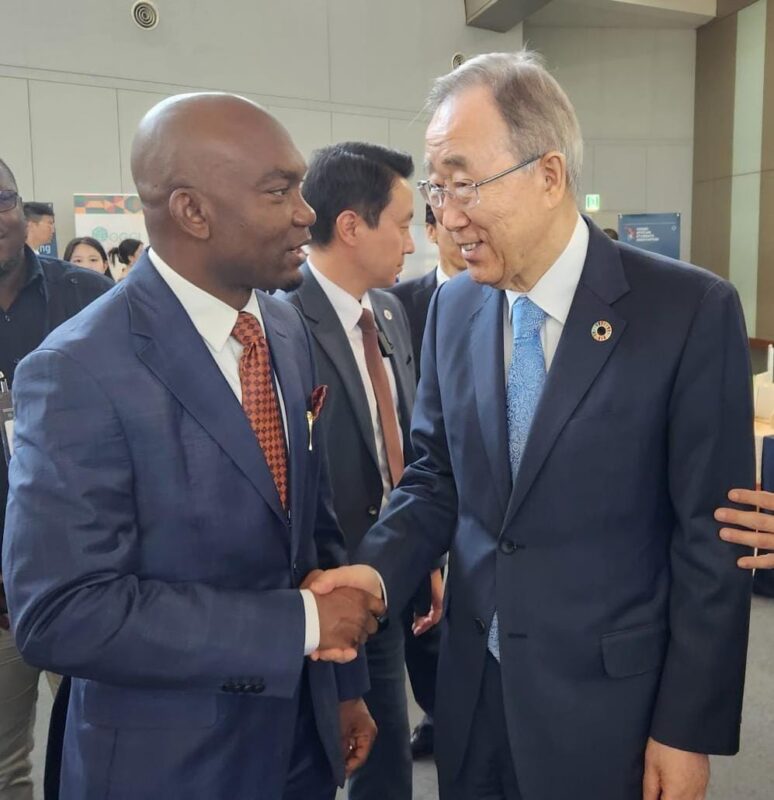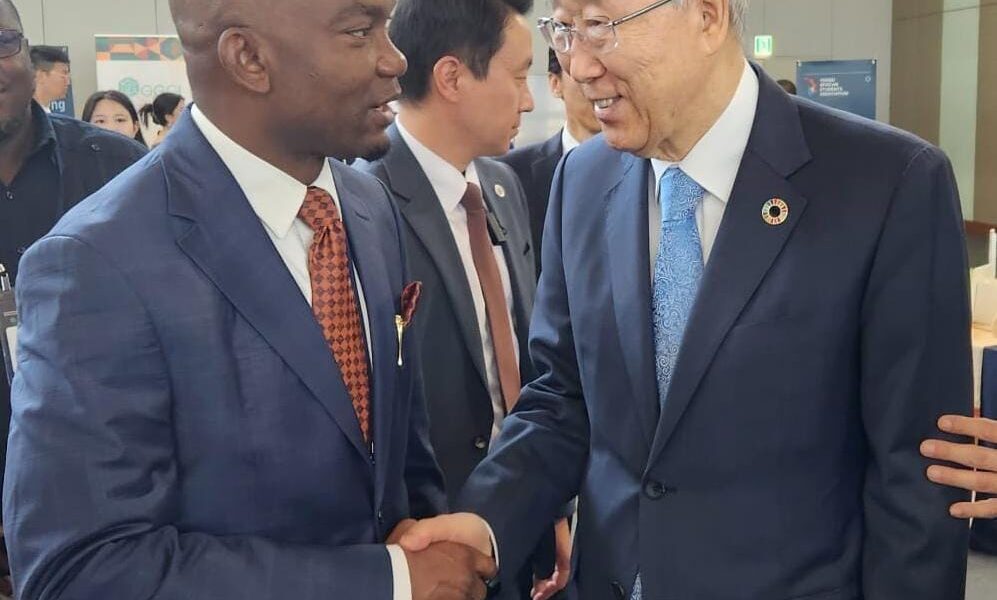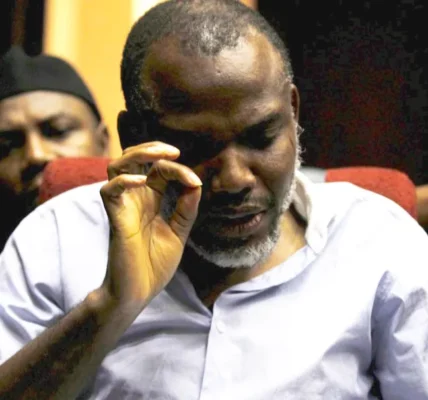
BEING a statement released by Policy House International on the sidelines of the 2024 Korea-Africa summit held on June 4-5, 2024, in Seoul, South Korea.
Although Africa as a continent, with its estimated 1.2 billion population, accounts for less than 4% of global greenhouse gas emissions, it is significantly negatively impacted by global economic activities, forcing most of its population into poverty. The devastating effects of climate change are evident in degraded forests and agricultural lands across the continent, resulting in famine and food shortages.
Recurring landslides in East Africa and uncontrolled natural rainfall in large swaths of the continent have led to loss of lives and economic livelihoods. Although the continent’s contribution to global economic growth hovers around 3% over the last 5 years, cumulative economic activities globally have reduced the quality of life due to ozone layer depletion and other negative consequences.
Most heartbreaking is that indigenous African women farmers, who have always depended on farming for survival, have lost their farmlands to drought, occasioning hunger and forced migration. The traditional rain-fed farming system, which promotes social protection, has reduced significantly, resulting in forced rural-urban migration, early marriages for teenage girls, and modern-day slavery via forced labor for underage boys across most parts of the continent, increasing the cases of out-of-school children and worsening the already dire situation.
Rising cases of street trading and homelessness in urban centers and major cities in Sub-Saharan Africa are traceable to the collapse of agricultural lands due to climate change, animal husbandry, and clashes between traditional farmers and herders, as in the case of Nigeria. This is a disaster waiting to happen.
Available data shows that only 20% of global pledges made for climate change adaptation and mitigation have been met, calling into question the commitment of world leaders. According to the immediate past UN Secretary-General, His Excellency Mr. Ban Ki-Moon, most initiatives taken to fund climate change in the last decade have fallen off the cracks, which is discouraging.
As African policymakers have gathered in Seoul, South Korea, to discuss business, agriculture, social protection, infrastructure, trade, and human development, it is a great opportunity to call our human nature to order and, for once, think about our neighbor and take that step that will reduce poverty and hunger while improving the quality of life through deliberate climate policy action that protects us all as a collective humanity.
On their part, African leaders must cut down on the cost of governance, profligacy, and unending white elephant projects, address weak public institutions and their capacity to respond to the climate crisis. African leaders must invest significantly in irrigation technology and the associated value chain, reducing over-reliance on rain-fed agriculture, embark on urban renewal programs to save the cities from erosion and waste management disasters, invest in recycling research and technology, and tackle land-related struggles between traditional/indigenous farmers and animal pastoralists.
As an organization, we believe that while encouraging large-scale commercial agriculture, efforts must be made to protect traditional farmers, especially women, which will in turn reduce rural-urban migration, encourage basic education and skills development for their children, and reduce criminality and homelessness in urban centers across the region.













